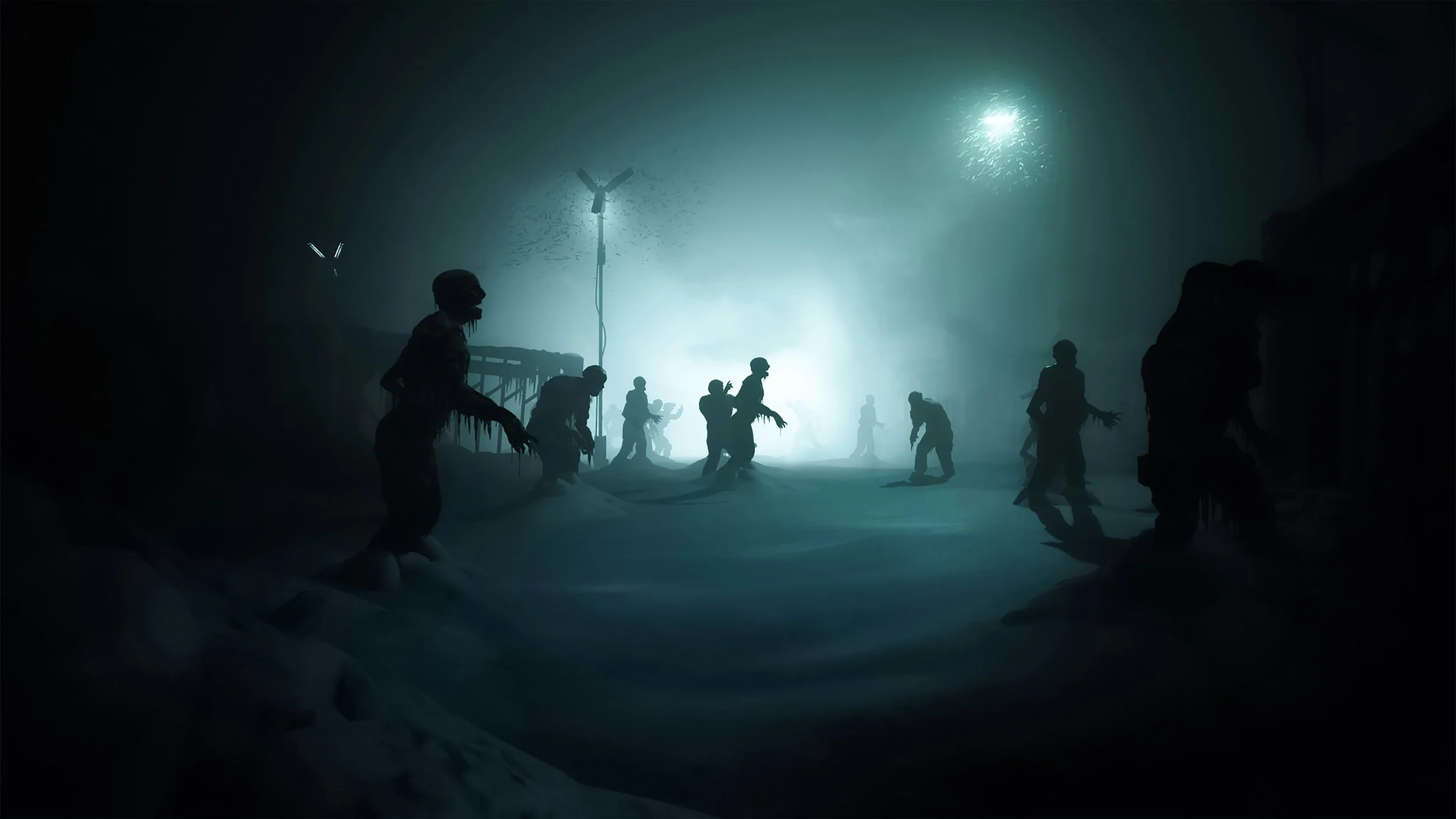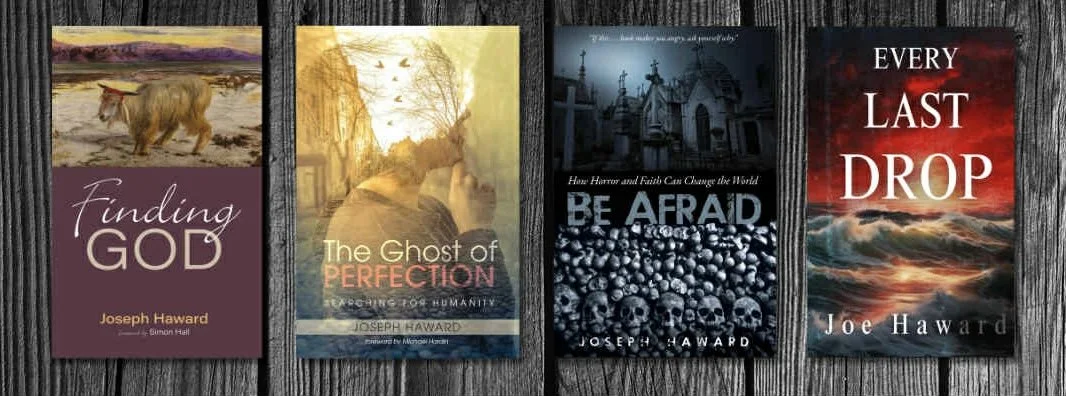Getting Out of Zombieland
Can the horror genre ever be a lens through which we can hear the Gospel of Christ? Somewhat controversially, I think it can be. Take George A. Romero’s zombie cult classic, Night of the Living Dead, released in 1968. Regarded as a remarkable piece of filmmaking, it spawned many sequels and spinoffs, a film that in many ways transformed the horror genre, forever.
Upon its initial release it was heavily criticized for its extreme violence. However, as time went on, its depth of insight—the way the film, for instance, could be interpreted as calling to account the political ideology of the day, especially concerning the Vietnam war—was praised. The potential for its political message grew, and many people began to see Night of the Living Dead as a work that directly challenged domestic racism.
The true horror of the film is not the zombies, but it's ending, as Ben, a black man and the last survivor of the zombie attack on the farmhouse where he is holed up, is shot in the head by police and white rednecks who have come to hunt and kill the walking dead.
Vince: “There’s something in there, I heard a noise.”
Sheriff McClelland: “All right, Vince, hit him in the head, right between the eyes . . .
Good shot! Ok, he’s dead, let’s go get him. That’s another one for the fire.”
There is little doubt that this scene would have evoked strong emotions and reactions within the African American community, especially in light of the assassination of Dr. Martin Luther King Jr. earlier that year. The not-so-subtle and powerful insight into this final scene is how Ben, as a black man, is regarded by the white police as nothing more than just “another one for the fire.” Night reminds its audience that zombie or black, it makes no difference to a society steeped in racism, the goal being simply to get rid of or subdue anyone that is different and a danger to the will and desire of those in charge. The violence, and bleakness, was unusual for a film of the time. Yet this ending is an important aspect of the film, for it highlights the ongoing struggle of racism, a struggle that cannot be whitewashed by Hollywood’s happy endings; racism is an evil that must continually be spoken of with deep honesty and spoken out against with unremitting passion.
Zombies horrify us because of the ways they consume us into the collective, every part of our identity and uniqueness lost within the brain-dead totality. In Night of the Living Dead, racism is the elimination of that uniqueness. The power of the zombie mythos is in its ability to reveal the truth of the societies we live in, challenging us towards an alternative future where we no longer walk aimlessly and brain dead along the path of our discrimination.
Christ shines a light upon our discrimination, challenging our ability to become a violent collective, and calls us to follow him. Notice in the gospel accounts how Jesus is always separated from the crowd? He understands the power of the ‘zombie’ mob who seek to envelop all into its collective will.
Because Jesus was condemned by the crowd, and we know he was innocent, we now have the capacity to ‘see’ acts of mob scapegoating and violence, and the capacity to notice injustice. We continually try to find ways we justify our violence and the ways by which we discriminate, yet Christ’s cross shines a light upon our sin, and he calls us to no longer be zombies, mindlessly enchanted by our lust for violence, but renewed in our minds, so that we may follow the Way of Christ, towards peace, reconciliation, and unconditionality.
Revd Joe Haward is a Baptist Minister, NHS Senior Community Mental Health Chaplain, and school Chaplain.
Joe Haward’s books (all available on Amazon and through other booksellers):
Finding God (theology on scapegoating)
Every Last Drop (historical fiction)
Be Afraid (the theology of horror)
The Ghost of Perfection (a theology of being human)


